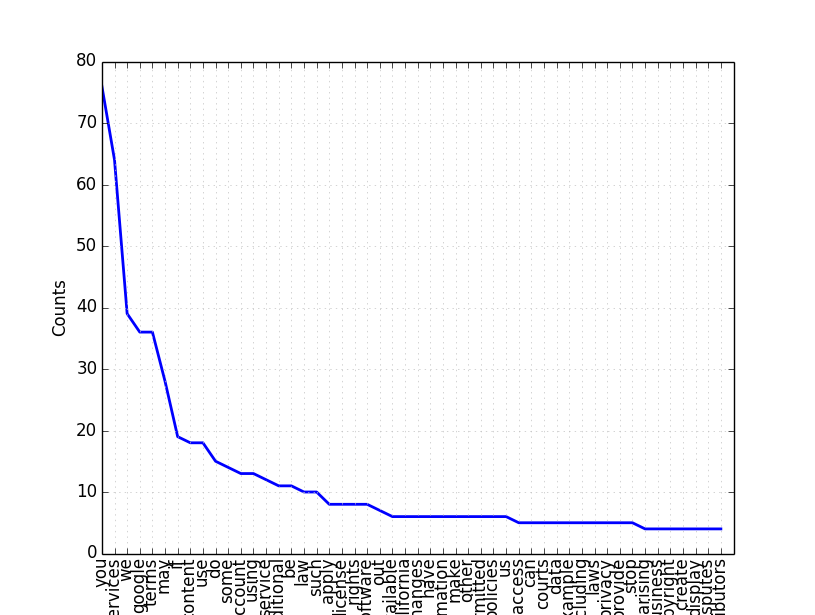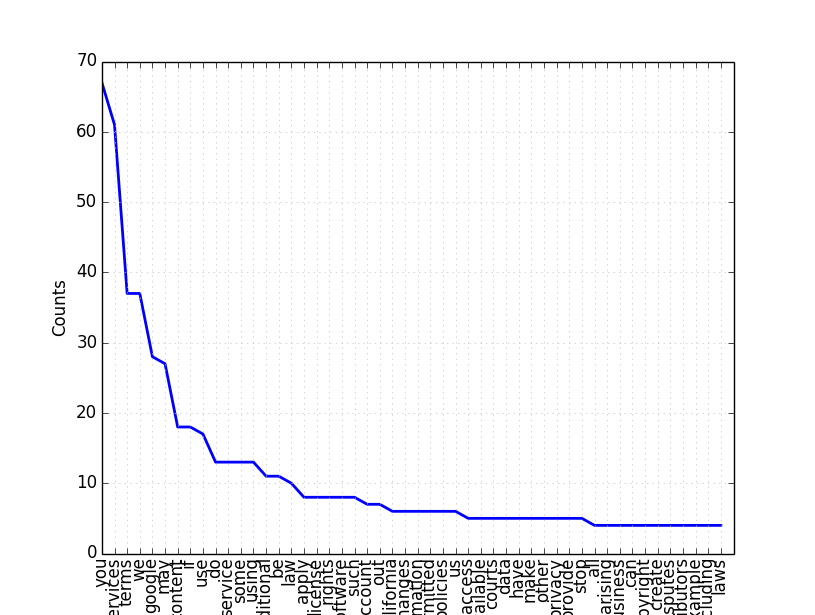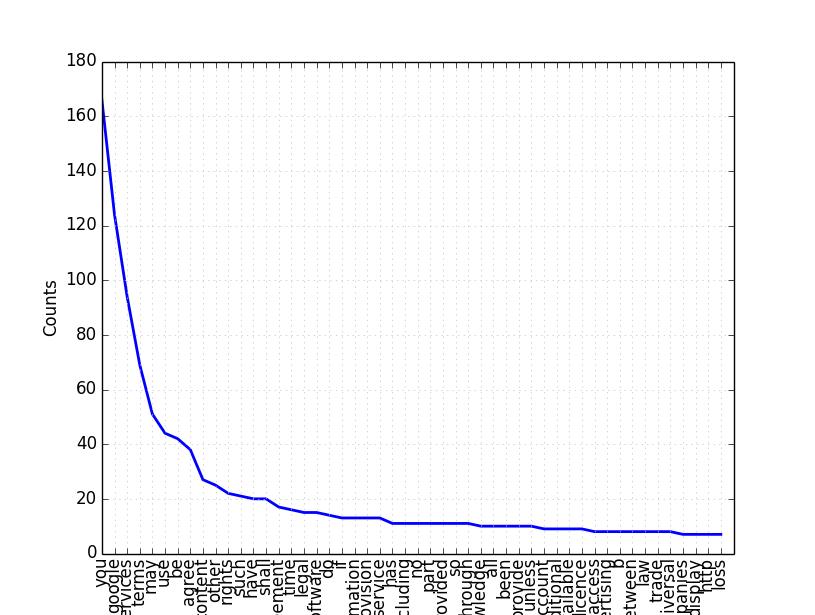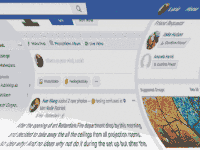Replacing “information” with “soul” and “content” with “body” on Facebook’s Advertising Policy.
About Advertisements and Other Commercial Content Served or Enhanced by Facebook
Our goal is to deliver advertising and other commercial or sponsored body that is valuable to our users and advertisers. In order to help us do that, you agree to the following:
You give us permission to use your name, profile picture, body, and soul in connection with commercial, sponsored, or related body (such as a brand you like) served or enhanced by us. This means, for example, that you permit a business or other entity to pay us to display your name and/or profile picture with your body or soul, without any compensation to you. If you have selected a specific audience for your body or soul, we will respect your choice when we use it.
We do not give your body or soul to advertisers without your consent. You understand that we may not always identify paid services and communications as such.





